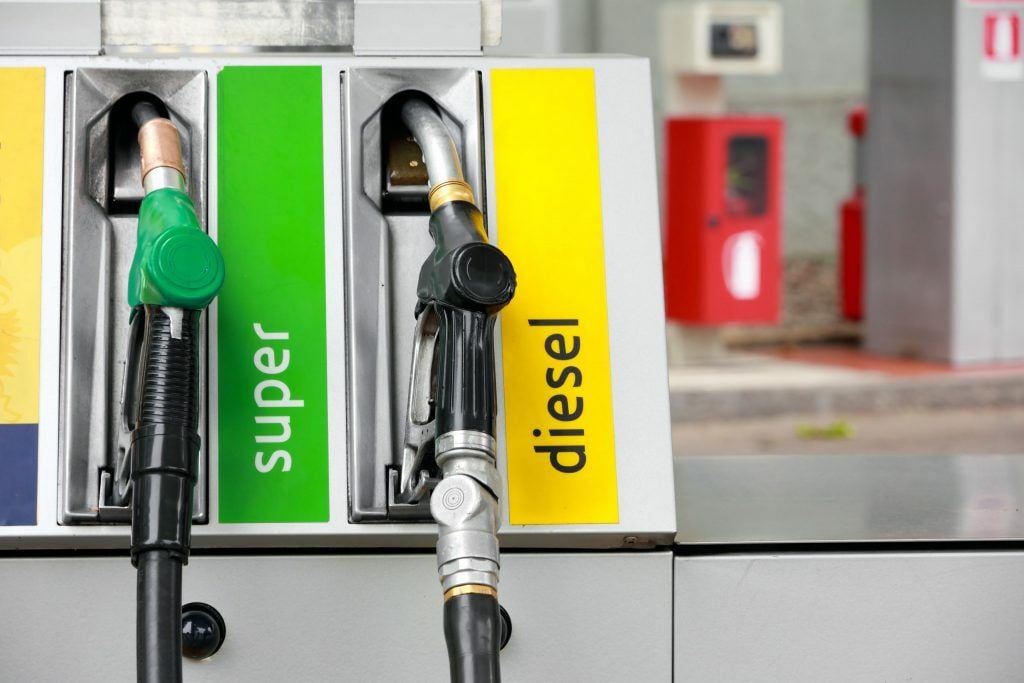Diesel shock: Fuel Fund revs prices to 32.44 baht per litre

The Fuel Fund today announced an increase in the diesel price by 50 satangs per litre, raising it to 32.44 baht per litre, effective tomorrow. Despite reduced expenses, the fund still faces liquidity issues, according to the Director of the Fuel Fund Office, Wisak Wattanaphap.
The Fuel Fund Management Committee convened and recognised the need to enhance the liquidity of the Fuel Fund at this time.
This decision aims to ensure efficient management of the fund in the future, considering both financial aspects and the ongoing volatility in fuel prices due to geopolitical and economic factors.
The committee resolved to reduce the compensation rate for regular diesel and B20 biodiesel from 1.94 baht per litre to 1.40 baht per litre.
This adjustment is expected to decrease the fund’s daily diesel-related expenses by approximately 38.32 million baht, from 136.70 million baht to 98.38 million baht.
However, the decrease in the compensation rate will result in a retail diesel price increase of 0.50 baht per litre, bringing the new price to 32.44 baht per litre, effective from tomorrow, May 25.
This move is part of an ongoing effort to navigate the complex landscape of fuel pricing, influenced heavily by external factors such as the war and broader economic conditions.
The increase in diesel prices reflects the necessity to balance the fund’s finances while continuing to provide subsidies and support to manage fuel costs in the country.
The Fuel Fund’s decision highlights the delicate balance between managing fund liquidity and mitigating the impact on consumers. The price hike will likely have a ripple effect on various sectors that depend on diesel fuel, potentially increasing operational costs and affecting the prices of goods and services.
This move is expected to provide a more stable financial foundation for the Fuel Fund, reported Khaosod.
In related news, Subsidies on electricity bills for vulnerable groups and caps on cooking gas and diesel prices have received the green light from the Thai government.
The move aimed to alleviate the burden of burgeoning energy costs on the population.
Latest Thailand News
Follow The Thaiger on Google News:


























